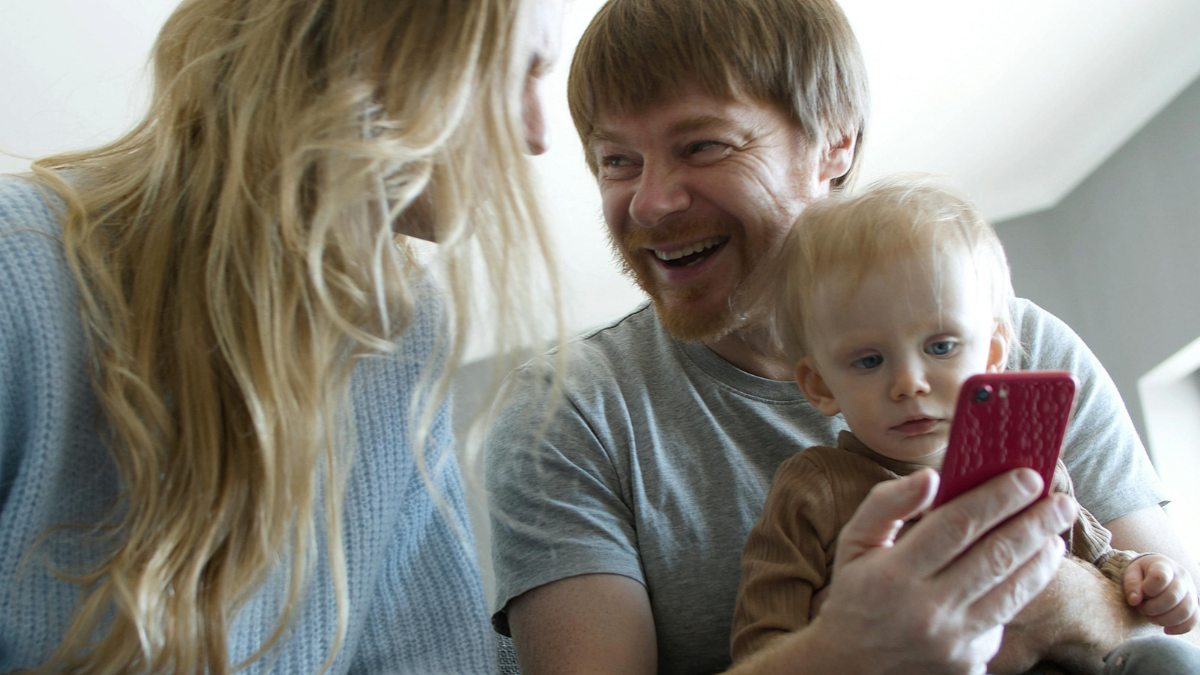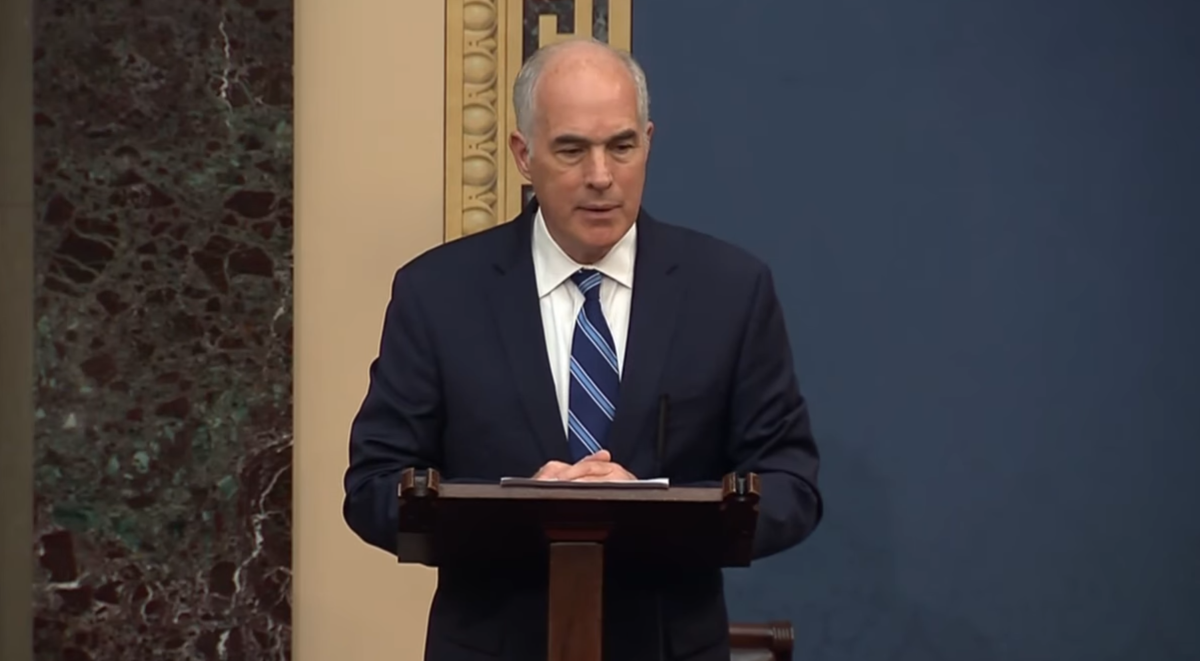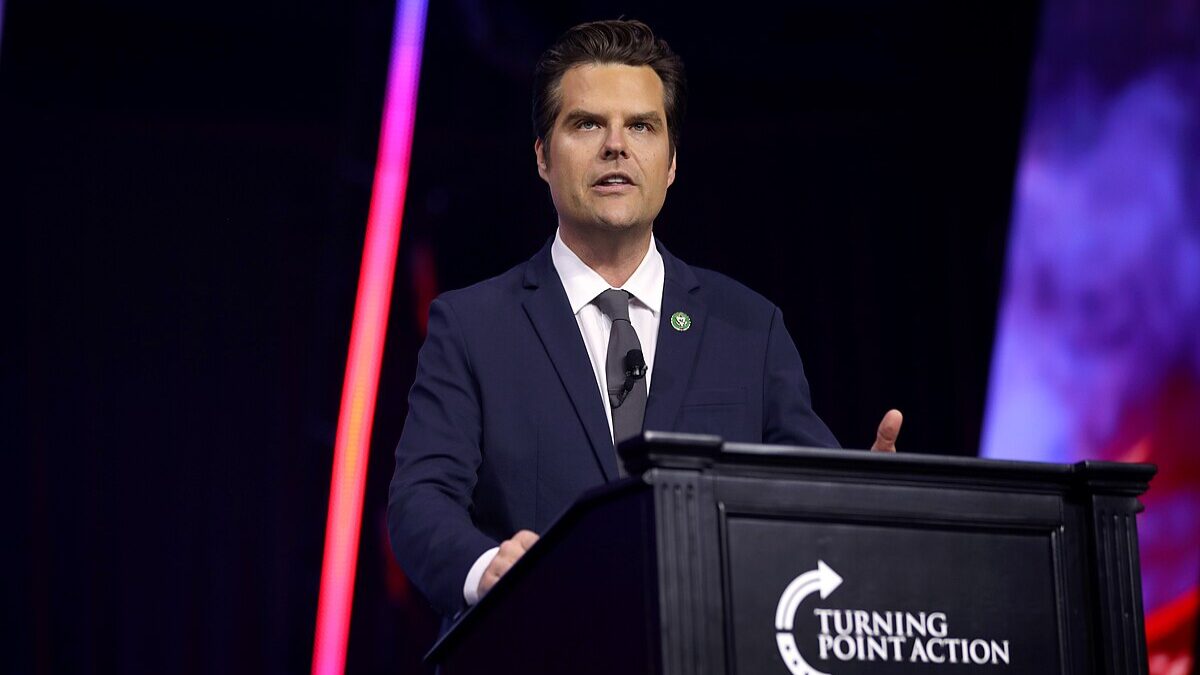
A new survey has found that, by August 1, 50 percent of British parents are sick of their kids being home from school: “When asked to pick words to describe the [summer] holidays 39 per cent picked ‘hard work’, 34 per cent said they were ‘rewarding’, 32 per cent said they were ‘tiring’ and 31 per cent said they were ‘exhausting,'” the Daily Mail reported. One notices all these 30-something percents don’t add up to 100, meaning parents could pick several options.
This could be parents just being honest: Kids are exhausting, exhilarating balls of fun work. The survey results reflect that reality. But the wish to get away from one’s offspring has some rather dark undertones, which we see reflected in other cultural expressions such as deliberate childlessness and the growth in non-parent childcare. Or consider a few other surveys:
- This one showing two-thirds of parents let their kids spend three or more hours in front of screens each day during the summer
- A Gallup poll from a few years ago finds about half of American parents also are relieved at the end of summer vacation
- A July study finding American kids don’t get more exercise over the summer, while they do eat more junk food and watch more TV
- Several studies indicate parents like shorter summer breaks from school
Even President Obama has commented on summer vacation, suggesting early in his tenure that schools stay open later on weekdays and open on weekends. Given that kids are a natural part of life and intrinsic part of families, and that research and common sense confirm they grow better within their natural environment than in any artificial, non-biological-family arrangement, these expressions about them are more than a little alarming.
I’ve got four tiny kids. I get the exhaustion, and the conflicting desires to both be with and away from them. If you’re feeling a little off-balance in your relationship to your kids, here are some suggestions for righting that feeling without doing something drastic like enrolling them in year-round boarding school. Give a listen, because self-government begins at home.
1. Don’t Farm Your Kids Out Year-Round
Parenting is a skill set, just like cooking and playing piano and gardening are skill sets. If you don’t do them as often, you get rusty. This should just be common sense, but, as it happens, research backs up the common sense here. You’ve certainly heard about the research showing that it takes 10,000 hours to become an “expert” in a given field. While that number has come under fire, the general principle seems to remain as your grade-school piano teacher emphasized: Practice makes permanent.
But there’s more direct research that indicates separating yourself from your kids for long periods of time hurts your relationship. The National Bureau of Economic Research, in studying a universal preschool rollout in Quebec, found a significant decline in parenting skills (p. 17) among families that participated: “Our analysis also suggests that the new childcare program led to more hostile, less consistent parenting, worse parental health, and lower-quality parental relationships.”
Have you put in your 10,000 hours towards becoming an expert on your kids as babies? As toddlers? As elementary-school students? As boys or girls? You see where I’m going here. Kids change constantly, and keeping up requires constant attention, not avoidance techniques. If you’re feeling grumpy about your relationship with your kids, it may be that you’re not putting in the time and attention that relationship needs to thrive.
Separating children from parents also reinforces progressivism. As Greg Forster notes in a recent article on the societal shifts induced by shoveling more tots into outside-home care:
As G. K. Chesterton said, mothers and nurses are not only the guardians of tradition, but of democracy. Whereas if the rearing of children ought to be turned over to experts, those of us who aren’t experts are essentially raw material for our superiors to manipulate.
2. Stop Assuming Your Kids Need Constant Entertainment
Back to the Daily Mail: “As little as just six per cent [of survey respondents] said they managed to fill the entire holidays with exciting activities. Around three quarters of those who took part said there came a point when the money ran out with 28 days into the holidays emerging as the average.”
I try to align my parenting with my life philosophy in general, which includes a conservative political orientation. So I do not see entertainment as something my children either need or deserve. Helping cultivate their ability to be at leisure well? Yes. Diverting family resources into constantly titillating their emotions? Most assuredly not. In the former, as Josef Pieper tells us, we find the wellsprings of culture; wherein, as Russell Kirk tells us, we find ultimately a religious devotion to God, from which all the good things in life emanate, including well-ordered societies.
Lindsey Brigham at the CiRCE Institute gets practical with this line of thought: “Shaping [children] as creators rather than consumers by giving them opportunities to make music, art, literature, and media…” Remember, attempting to “consume” creativity by using this suggestion as a reason to rush out and buy music lessons or ceramics painting sessions entirely misses the point. Being a creator is not something you can buy or even do. It is something you develop and nourish over time as part of your being.
More simply, we could look at the word “amusement” and understand that it means “without inspiration.” That’s precisely the opposite of what state of being I want for me and my children. So, unlike apparently lots of parents, I do not see vacations as an opportunity for self-gratification, greedy consumption, and amusement. I see them as periods of rest during which we can strengthen our reach towards the virtue that enhances self-government. Luckily, the things we’ve found that help are really cheap and restorative for the whole family instead of exhausting and stressful. Read on to learn a few of these.
3. Go Outside More Often
Our children are rambunctious little critters whose jumps into what we call “crazy time” get more frequent in proportion to how much they’ve been inside lately. Even a little bike ride around the block can stave off the crazies. Being outdoors has an effect on all of our well-being in an ineffable way. We stop, pause, dawdle, laugh, point, and wonder.
This miraculous ability doesn’t fade when we grow older. In the past few years, I’ve begun gardening, for a multitude of reasons, among which is that having a responsibility even to small pots and plots requires me to get outside regularly. Fifteen minutes pulling weeds is true therapy, even if it’s hot and the kids keep interrupting. It’s indescribable to be on hand enough to literally watch the beans and flowers grow, from tiny buds into full-blown fruit.
Gardening and nature walks are also something that all ages can do together. The baby digs in the corner we left muddy with a strong spade just for him, gleefully pinging rocks about and muddying every crack of his little body. The hose will get it off later. The bigger kids have planted their own veggies and love to tend them, which means eat every single green bean and berry they can get their hands on while occasionally tugging out a weed.
This isn’t just our personal experience. For the Enlightenment-minded among you, research resoundingly confirms that frequent immersion in natural environments helps people heal faster, deal with life stresses better, and have better mental health. Start small, like we did: Walk around the block. Plant a few seeds you got for $1 at Wal-Mart (yes, you can still plant in August—try lettuce, spinach, or peas this time of year, or start some mums). Lie back and look at the clouds some fine afternoon or evening. Your kids will enjoy all these things (maybe more so after a bit of retraining if you’ve got some entrenched cranks), and you will, too.
4. Keep Saying ‘No’ to Activities Until Your Family Feels Peace
I read this bit of advice from an experienced mother sometime in the past few weeks on one of my mommy blogs (the link to which I cannot now locate; my apologies). It’s essentially the prescription that family counselor and “Simplicity Parenting” author Kim John Payne gives to families who come to him with depressed, nervous, anxious children. He starts by having them cut their kids’ toys and books in half. That’s far easier to do than attacking the family schedule, he says, and it gives parents a concrete, first-step success.
But after that, it’s schedule streamlining. Children do not need a steady stream of volunteer, sports, arts, and other enrichment activities. Evaluate how much of this really serves your children and your family and how much of it is compensation for insecurity. You might have been sucked into the culture of alarmism that uses scare tactics to expand government while destroying your peace. Don’t let them have your peace of mind along with your external freedoms. Reclaim as much of that territory as you can. Self-government really can start or expand with re-examining your family commitments.
Earlier this year in Las Vegas, I met Amy Bauck, who gave a presentation called “My Family’s Journey from State Time to Me Time.” In it, she explained how she and her husband solved the perennial middle-class parent complaint concerning living life as an exhausted kid chauffeur. As the title implies, it’s also a backhanded solution for reclaiming civil society, our little platoons, from the hands of an overweening and deeply encroaching state. If you’re exhausted from running constantly to no especially productive end, this disables your capacity to fill local needs with private action instead of government programs, which stokes demand for big government.
5. Limit Everyone’s Screens
I took stock sometime last year of disharmony in our home. My kids pick up on my attitude like quicksilver, and I’d been snappier and crabbier than usual, which meant we all were. Nobody liked it, least of all me. From that period of reflection came a rule that I still break often but which, when I adhere to it, is highly effective in maintaining family peace: No sustained screen time for mommy when the kids are awake.
Of course, there are times I need to respond to a text or make a phone call, or hop online for some pressing work item. So this isn’t a rule I keep to perfection, but more a habit, a general rule, an orientation. When the default is that mommy has her attention free to manage the children, I do a much better job at that management, and the whole home is more free of strife and anxiety. I intervene more quickly when I hear tempers rising. I refrain from irritating and panicking the children by ignoring them because my attention is focused on a device. And I feel less irritated when they do what they have a right to do, which is claim my attention, meaning that I respond more lovingly to their needs by default.
Once again, our family’s experience is not isolated. Researchers are finding that constant distractions from screens, both for parents and for children, are impairing family relationships. Further:
In the case of over-stimulation of digital media, this bombarding of young brains, we do have both a theoretical and an empirical foundation now to say that it is not good for children. At the same time, we have a very large body of literature that shows very clearly that traditional means of interacting with your child is exactly what they need for both the short term and the long term.
It might take some pruning to help this habit work. You might need to tell friends you only answer texts about three times a day instead of as they come in. You might need to erase the Facebook and Twitter apps (which was a huge assist in setting this habit for me). You might need to keep your phone on a shelf instead of in your pocket. Trust me: No one will die. You won’t miss having to solve a national crisis.
As for the kids, our children essentially get no screen time outside a once-weekly movie night, and the rare occasions I treat them to looking at Pinterest so they can get ideas about fun activities to do offline. They’re all really small, so I expect to allow them a bit more later. But for now, that’s it, and it’s great because they don’t expect screens so I don’t have to negotiate over them constantly. While the research is not fully conclusive on the effects of tech addiction and proclivities on young people, from what it says so far, combined with our own experience of the growth in peace and family relationships from limiting electronica, we see no need to inflict probable evils and definite annoyances on ourselves.
Creating Family Culture and Conservative Culture
One final note about the bigger picture in all of this. Brigham’s post is a reflection on how Christian schools and home schools can begin fostering a unique culture that supports their unique missions in the world. It’s true that most schools’ very structure—the bells, the age segregation, the separation from family life, the Soviet-like architecture—is heavily progressive, so that children and teachers alike are absorbing ideas and feelings that are antithetical to the Christian and conservative norms they teach more explicitly (sometimes) in the curriculum.
She’s responding to the outpouring of commentary on Rod Dreher’s Benedict Option, which has sparked a huge conversation on the Right about how we should live now that it’s very clear most of America rejects orthodox Christianity and fundamental principles of conservatism. This article is not meant to directly address that debate; but rethinking the small things of our daily home lives, how we as mothers and fathers manage our homes, definitely touches on it, because ultimately we live what we believe. If we on the Right truly think the family is important, and the central unit of society, then we should act as if we believe that is the case.
That may look differently in different families. But, at the very least, it requires tempering our aversion to our own offspring, and continually rethinking how we can structure our lives and homes so our deeds match our ideas and words. Does the way we parent match our philosophical ideals—meaning, is our parenting more likely to expand self-government and civic virtue within ourselves and our children? Does it tend to make us desperate and destabilized, or refreshed and self-reliant?









